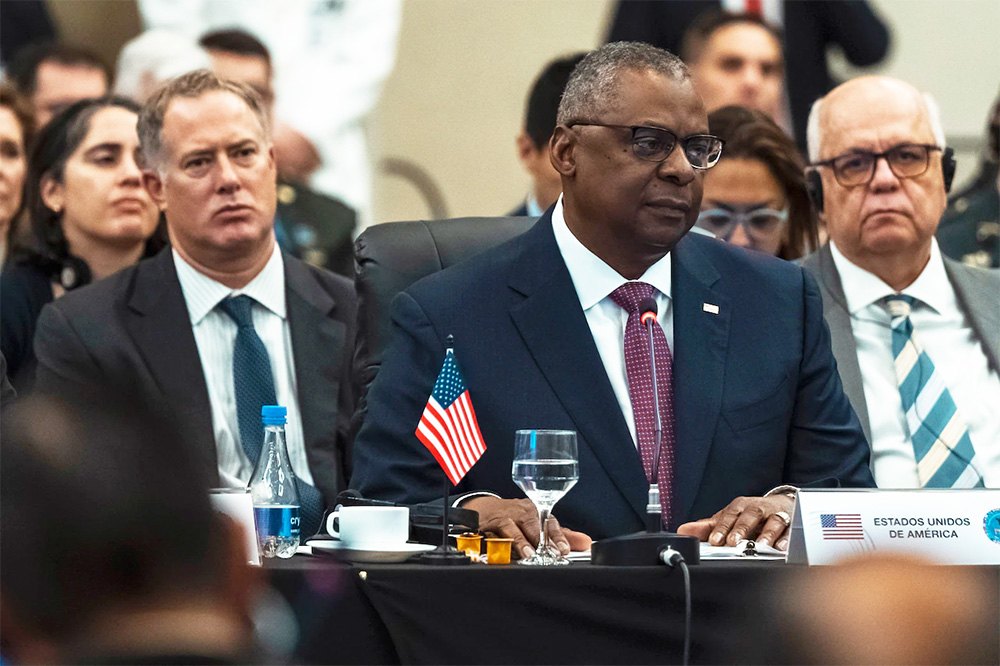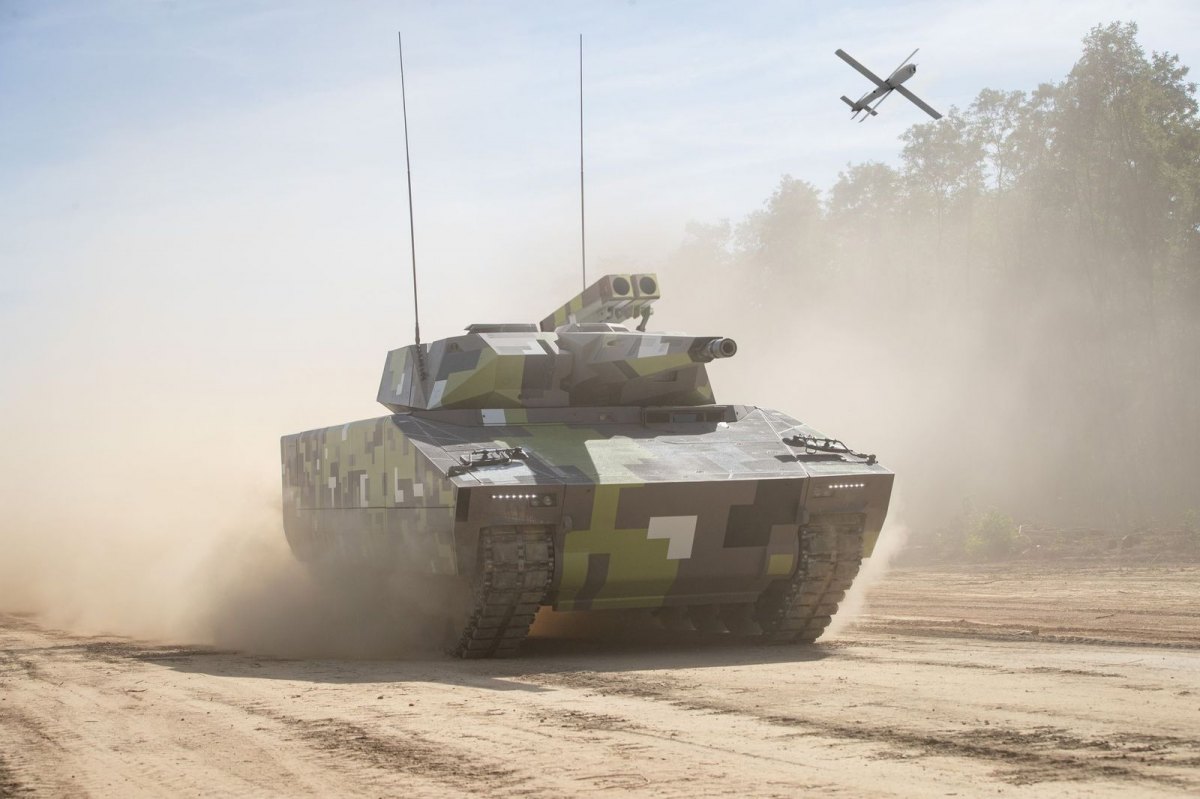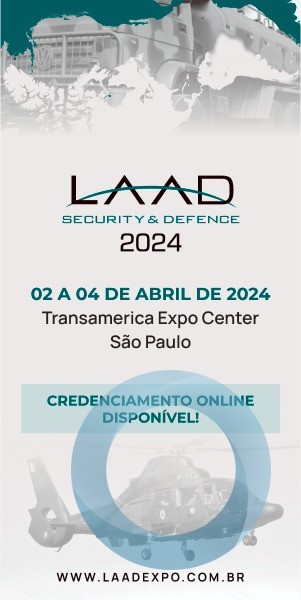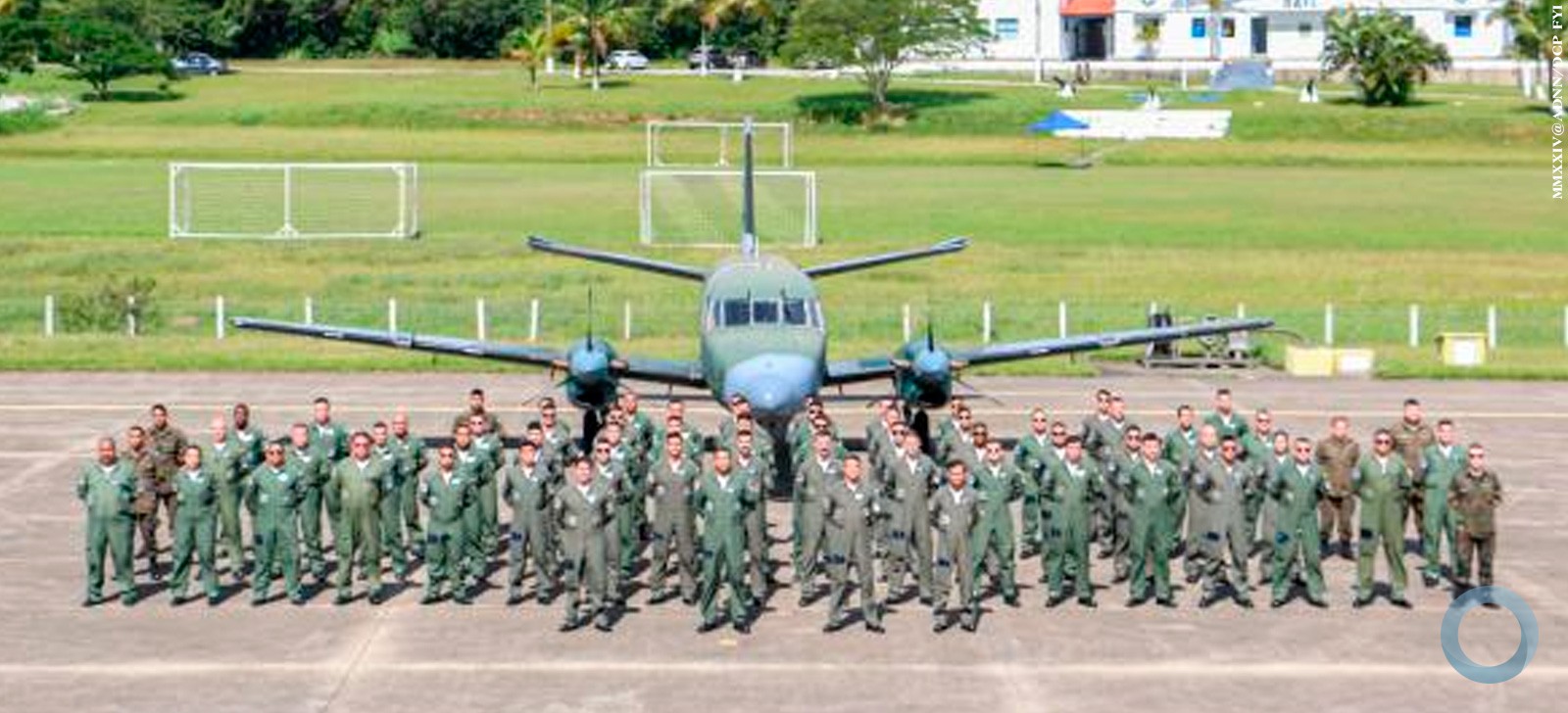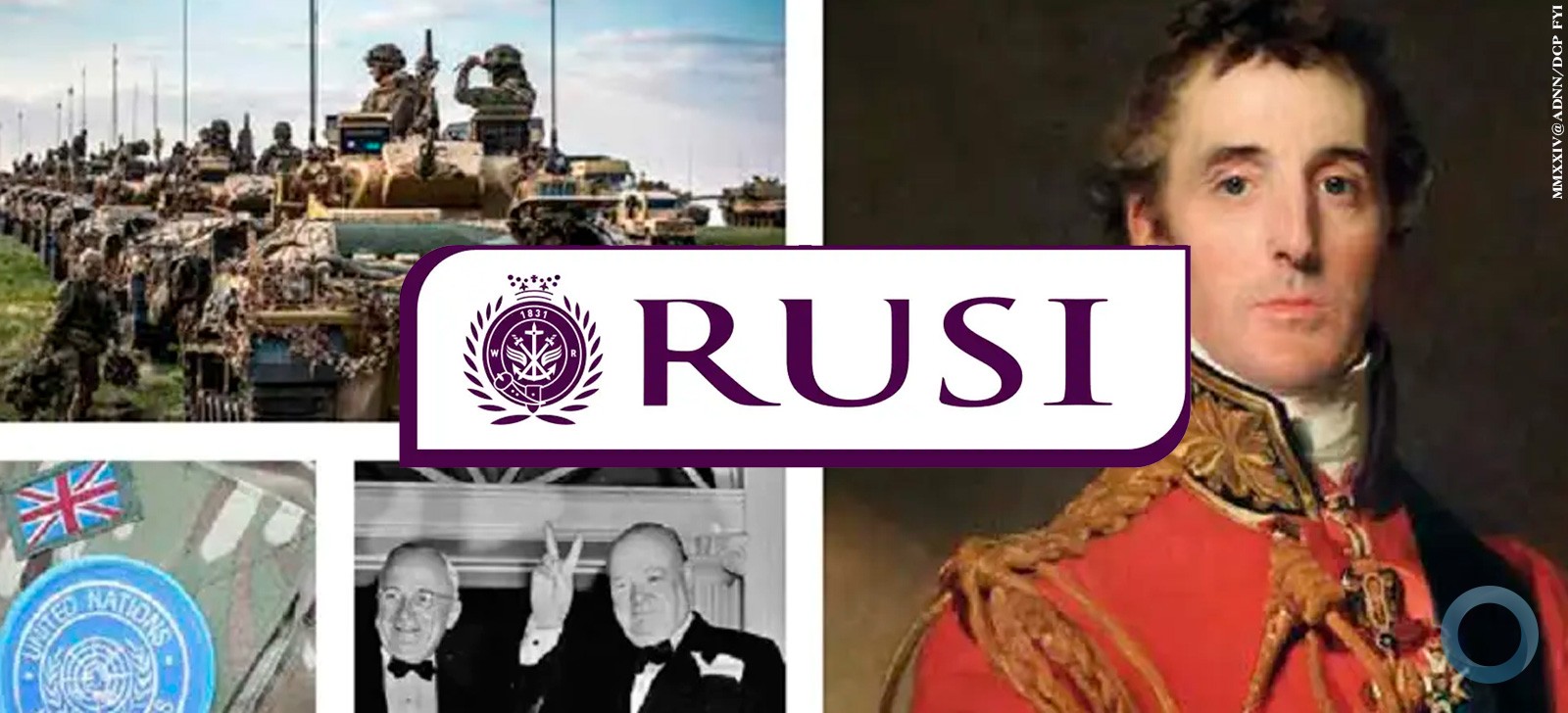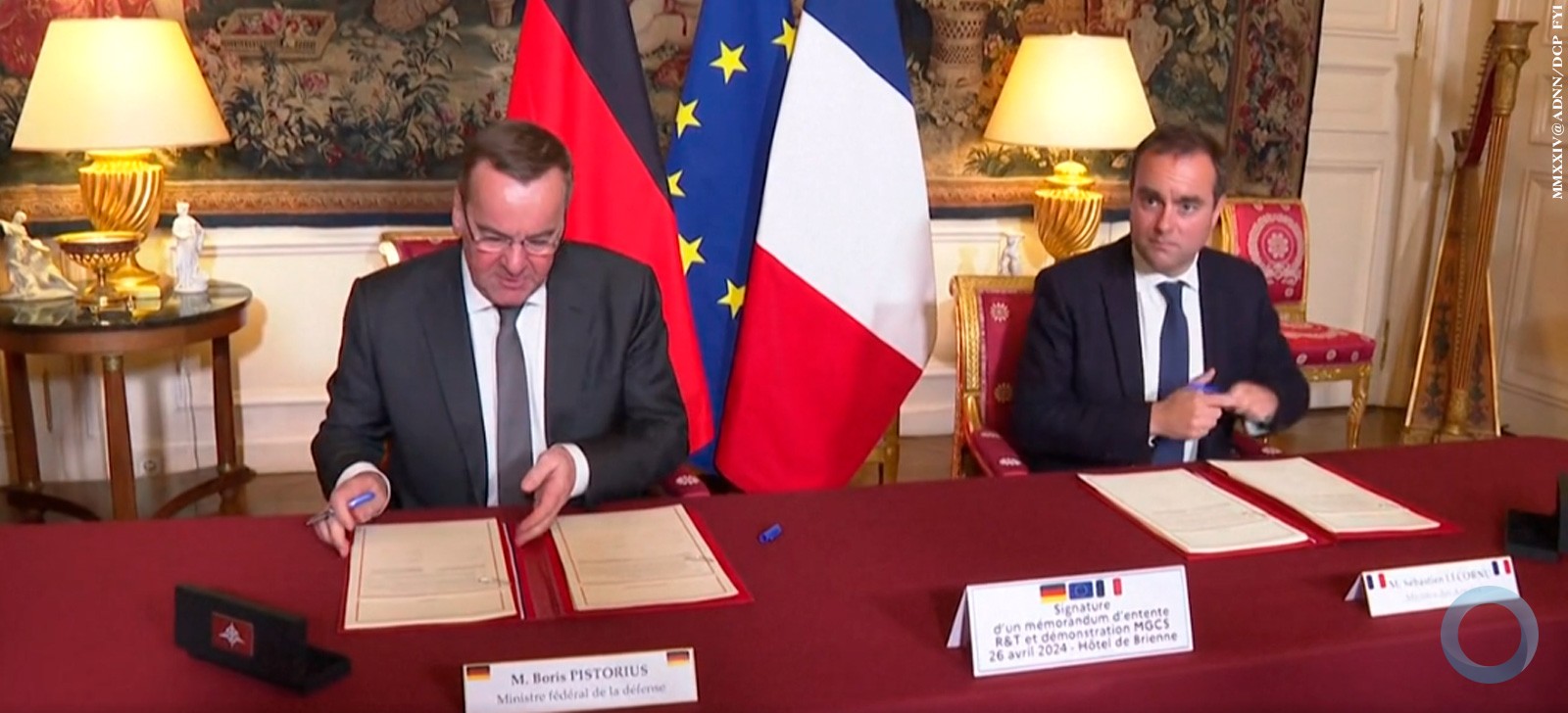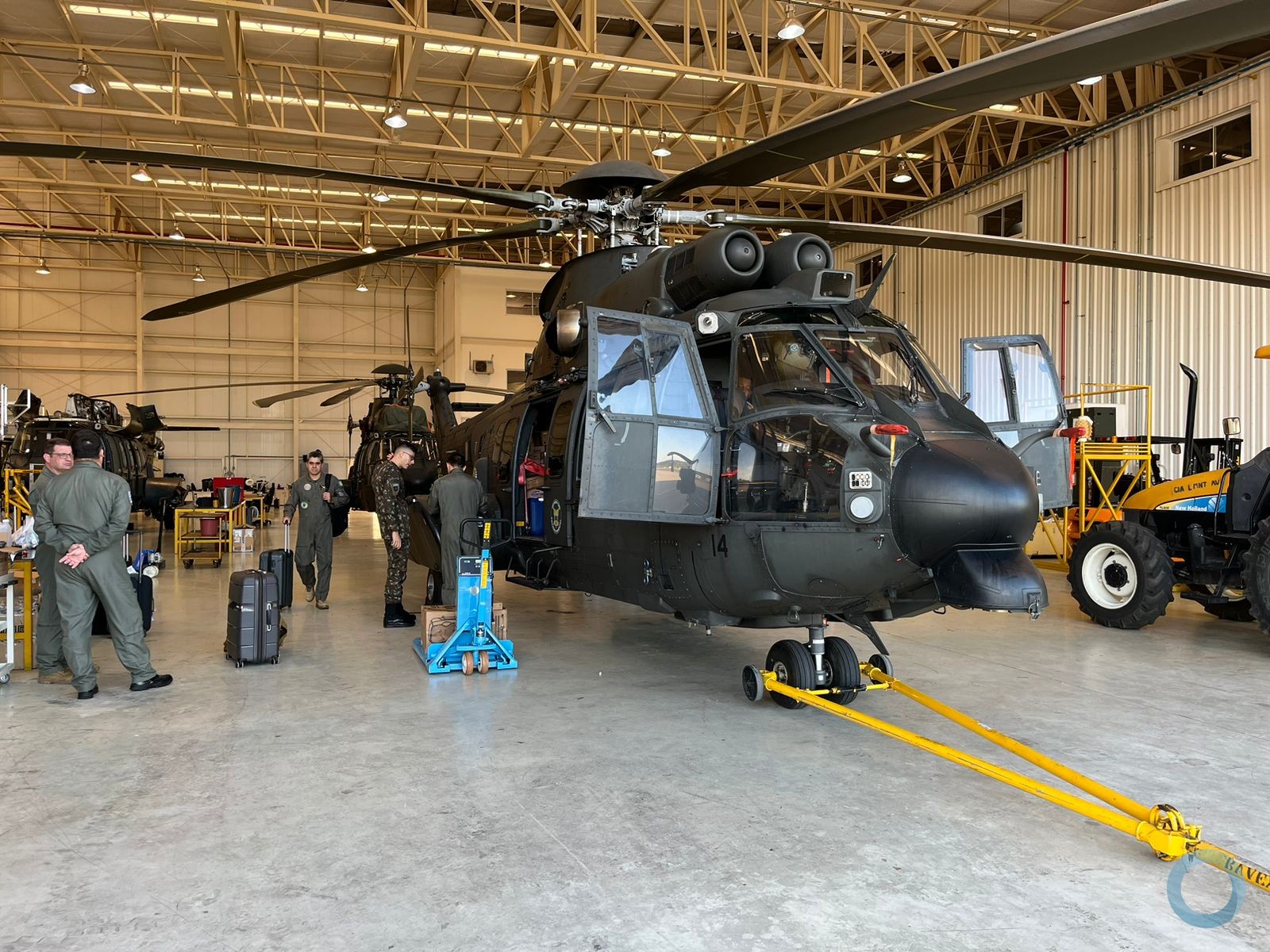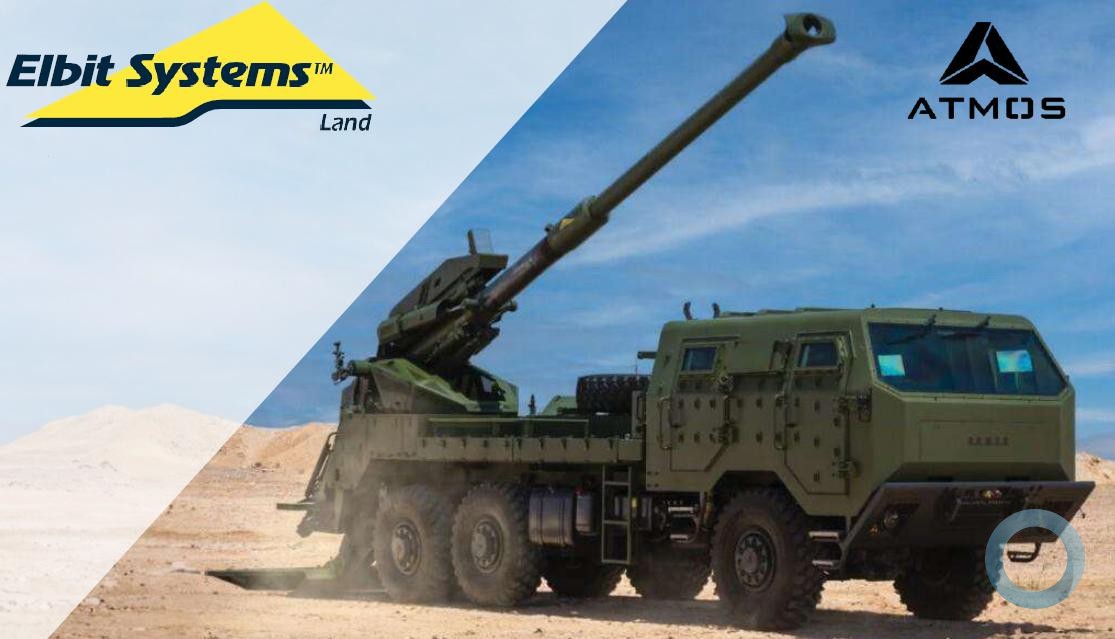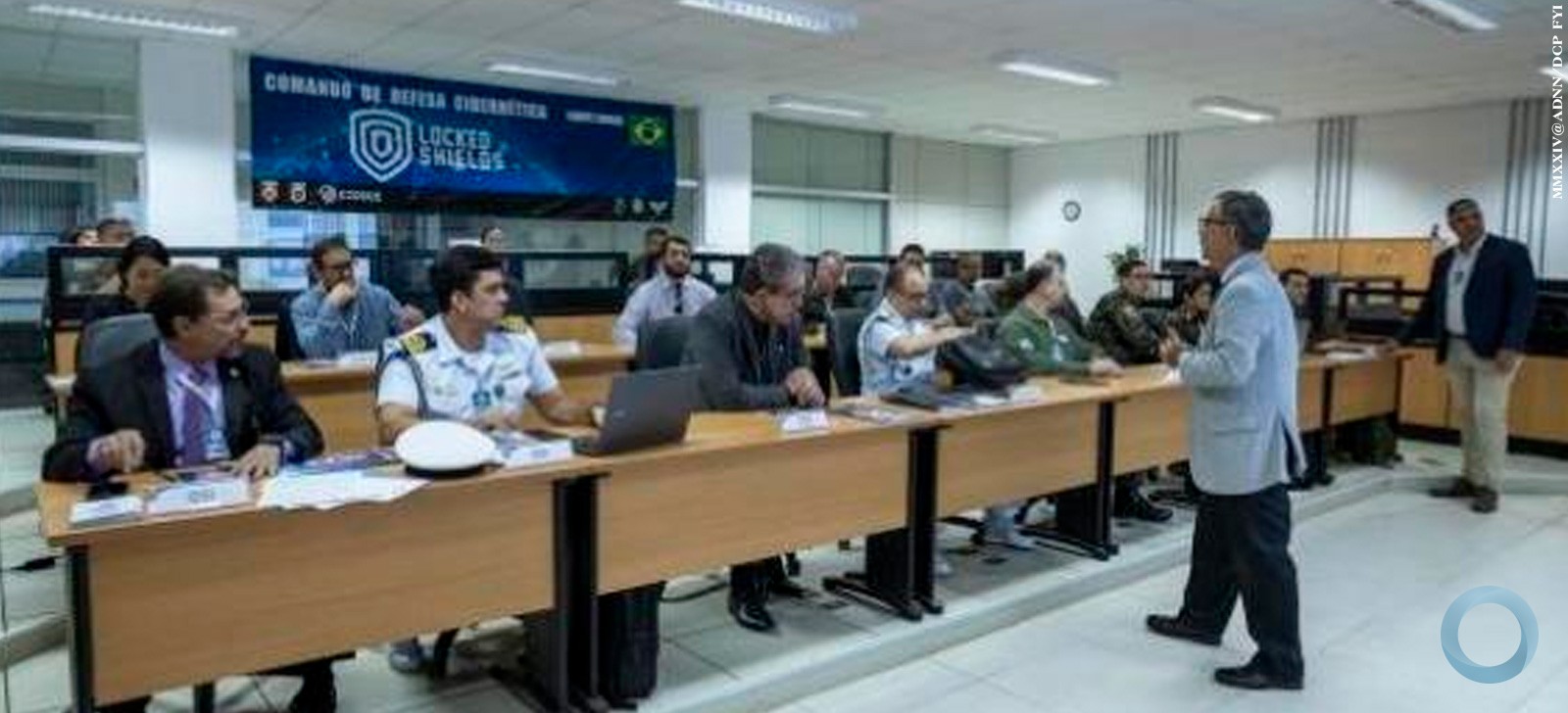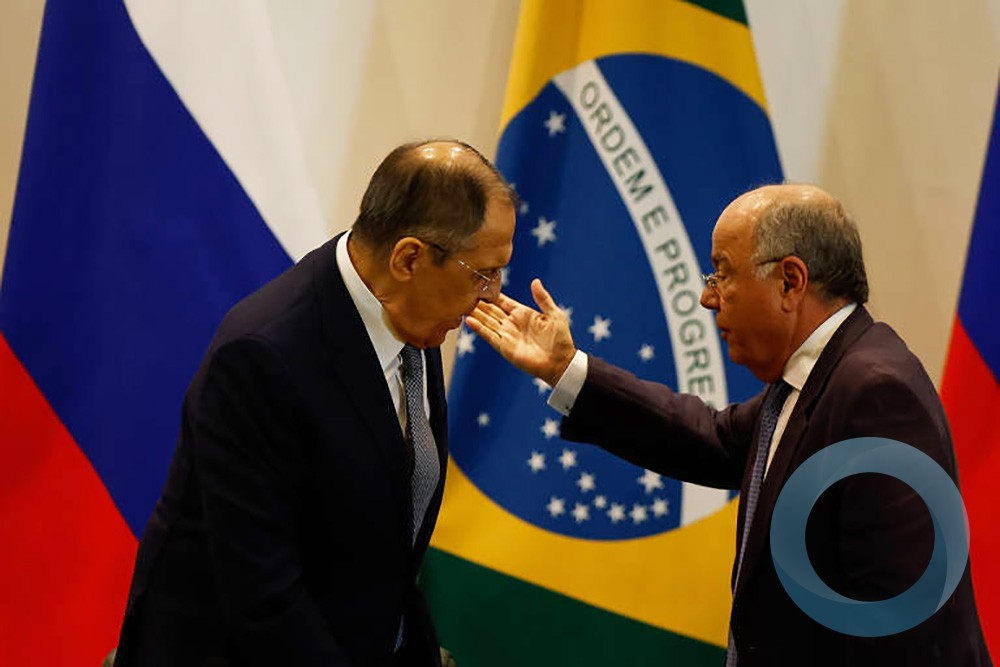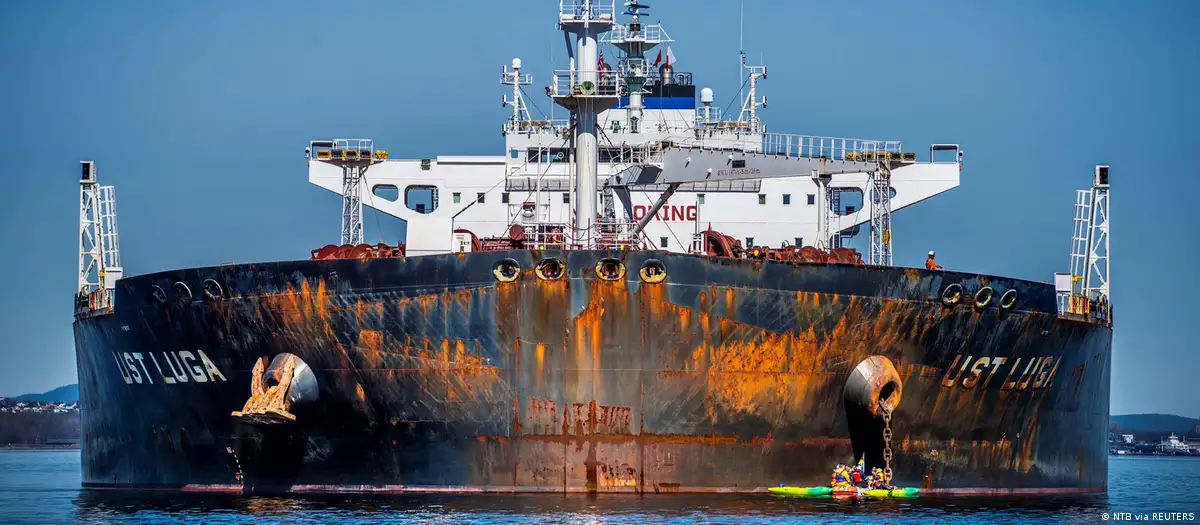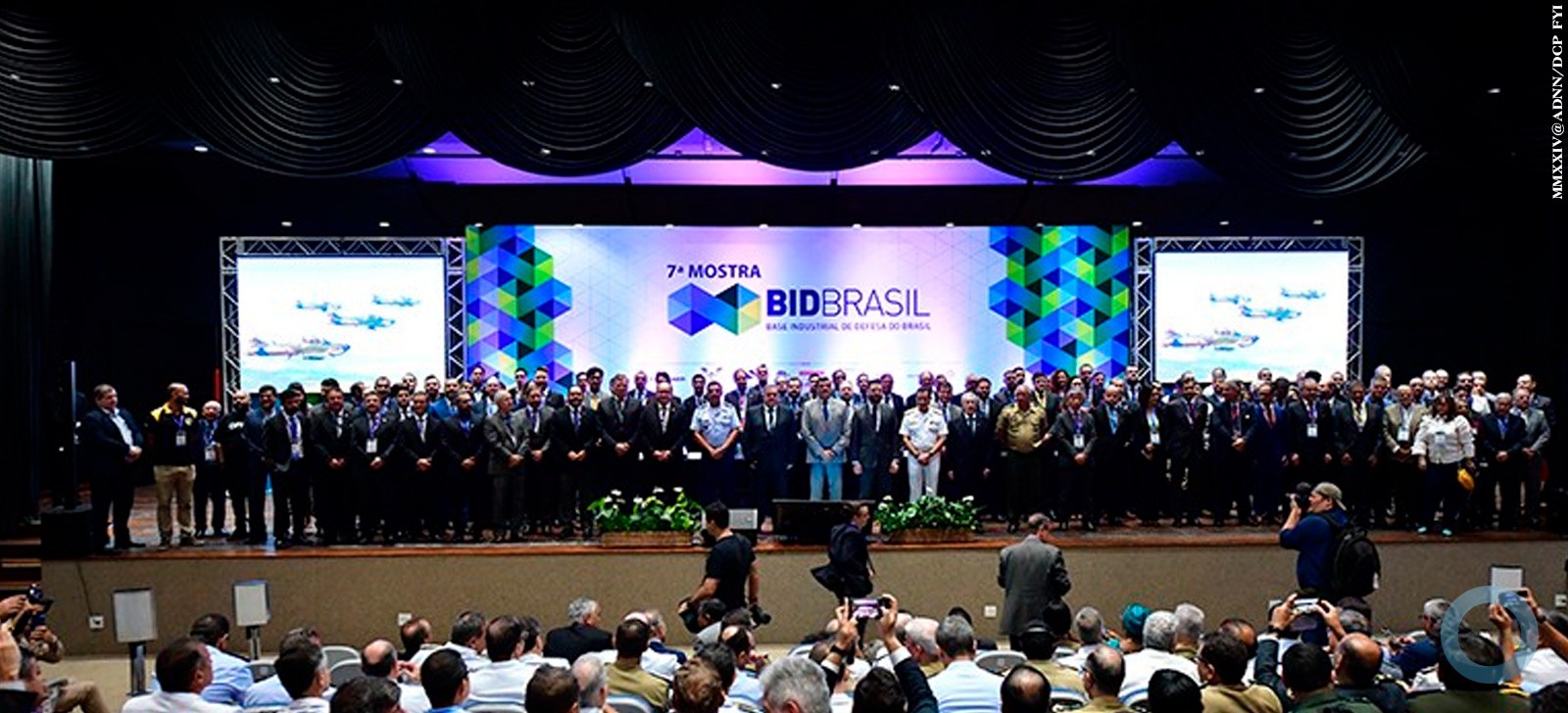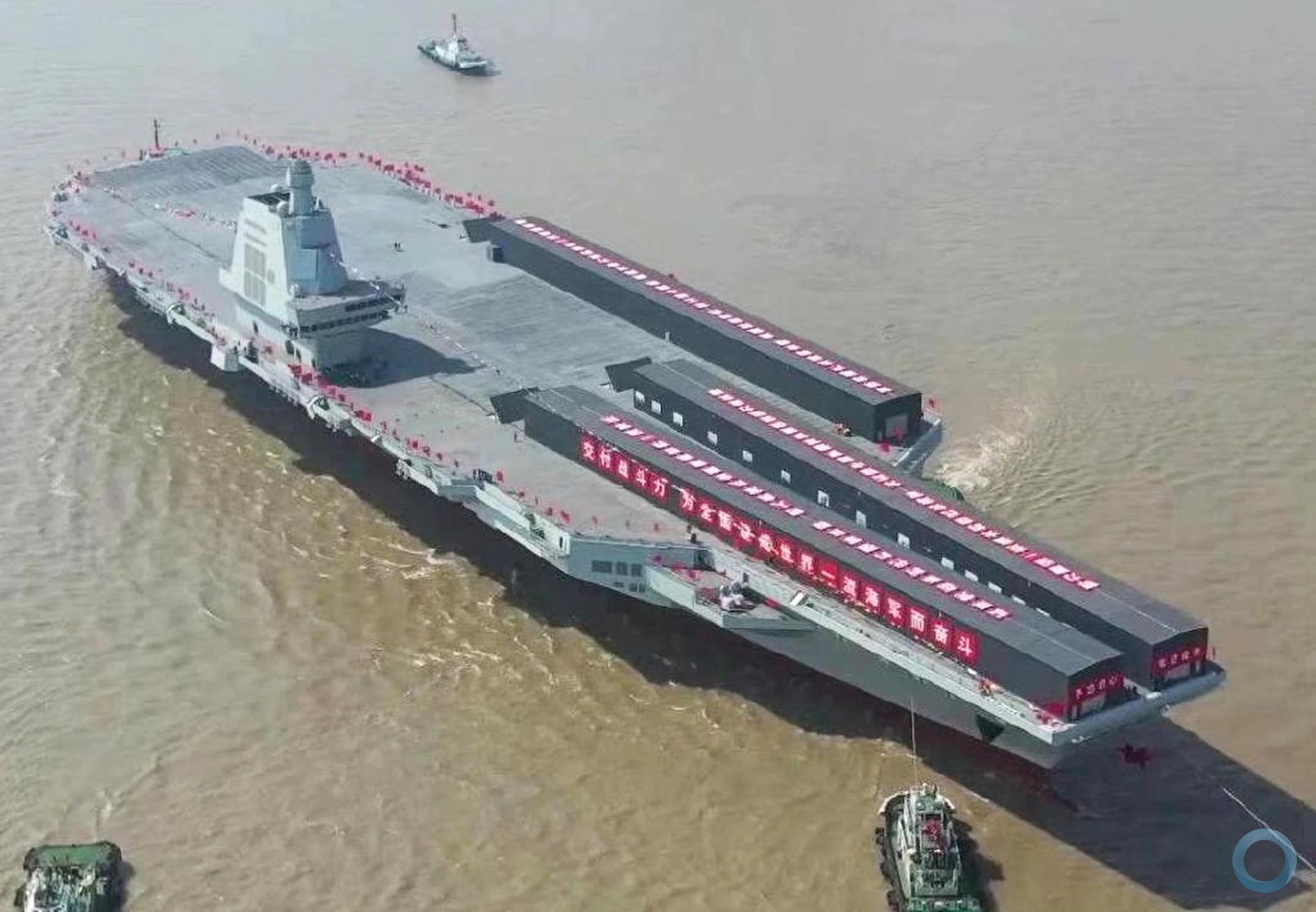Munich Security Conference 2016
Jens Stoltenberg
NATO-OTAN Secretary General
Munich 12th February – 2016
(MSC Main speeches see list below)
Jens Stoltenberg
NATO – OTAN – Secretary General
Thank you, Wolfgang, for that kind introduction.
And for making Munich such a vibrant forum for debate.
This is even more important at a time of such turmoil and uncertainty, stemming from both the east and the south.
This week, NATO defence ministers took important decisions to address challenges from the south.
We agreed to deploy a Standing Maritime Group to the Aegean to assist in tackling the refugee and migrant crisis in Europe. We decided to intensify intelligence, surveillance and reconnaissance at the Turkish-Syrian border.
And we agreed to step up our support for the international coalition to counter ISIL.
I´m happy to take questions on these issues afterwards
But now, I want to focus on the challenges from the East.
Russia is our largest neighbour and an international power. We have seen a more assertive Russia. A Russia which is destabilising the European security order.
NATO does not seek confrontation. We do not want a new Cold War. At the same time our response has to be firm.
So how do we square this circle?
I strongly believe that the answer lies with both more defence and more dialogue.
Pursued together, they can help us to achieve greater stability in Europe.
Let me start with defence.
Russia’s actions in Ukraine have triggered a robust response from the international community. Involving sanctions, suspension from the G-8, and increased support for our eastern partners.
And NATO is undertaking the biggest strengthening of our collective defence in decades. To send a powerful signal to deter any aggression or intimidation. Not to wage war, but to prevent war.
And this is why deterrence is a key part of our overall strategy.
Modern deterrence must deter today’s threats, not yesterday’s.
Whether they come from the east or the south. from state or non-state actors. hybrid, conventional or nuclear.
Deterrence starts with resolve.
It’s not enough to feel it. You also have to show it.
This week, NATO Defence Ministers took important decisions in that respect. We agreed to enhance our forward presence in the eastern part of the Alliance.
This presence will be multinational.
To make clear that an attack against one Ally will not just be met by national forces, but by forces from across the Alliance.
It will be rotational and supported by a programme of exercises. With the right infrastructure and pre-positioning of equipment to facilitate rapid reinforcement.
In a clear sign of Allied solidarity, the United States has set out plans to significantly increase their military presence in Europe. With more troops, more exercises more pre-positioned equipment.
At our summit in Warsaw in July, I expect NATO Heads of State to decide to further strengthen the Alliance's defence and deterrence.
Our deterrence also has a nuclear component.
Russia’s rhetoric, posture and exercises of its nuclear forces are aimed at intimidating its neighbours. Undermining trust and stability in Europe.
For NATO, the circumstances in which any use of nuclear weapons might have to be contemplated are extremely remote. But no one should think that nuclear weapons can be used as part of a conventional conflict. It would change the nature of any conflict fundamentally.
NATO has continued to reduce the number of our nuclear weapons. We keep them safe, secure and effective. For deterrence and to preserve the peace. Not for coercion or intimidation.
Our policy on ballistic missile defence has also been clear all along.
It is purely defensive. Designed to defend our territory, our people and our forces against threats from outside the Euro-Atlantic area.
NATO’s missile defence is neither designed nor directed against Russia. It does not – and cannot – undermine Russian strategic deterrence.
Moreover, we have offered Russia cooperation on missile defence. We remain transparent as we continue to develop our programme.
In response to Russia’s actions, we are significantly strengthening our defence and deterrence.
Some are concerned that we are sleepwalking towards escalation with Russia.
I understand those concerns, but I do not share them.
We strive for a more constructive and cooperative relationship with Russia.
We see defence and dialogue as complementary.
Dialogue has many dimensions. Russia is a permanent member of the United Nations Security Council.
And Russia played a constructive role in the Iran nuclear deal.
Allies engage with Russia bilaterally and in multilateral organisations such as the OSCE.
The NATO-Russia Council is another important forum for dialogue with Russia.
We need dialogue for a number of reasons.
It is important to promote strategic stability. To clearly communicate our intentions, our posture and our expectations to Russia. Dialogue is important to increase transparency and predictability, and to reduce the risk of incidents and accidents. And if they do happen, to avoid escalation between our forces. The downing of the Russian fighter plane over Turkey underlines how urgent this is.
I believe we should update our mutual inspection regime. And the reporting of our military exercises. Including those held at short notice.
We publish a schedule of Allied exercises on our website. I invite Russia to do the same.
And finally, dialogue is important for those issues where our differences run deep, like Ukraine.
Especially when times are as difficult as they are now.
We have clear principles. Borders must not be violated. Sovereign nations have the right to chart their own course. These principles are fundamental for European security. It is essential that we engage with Russia. The NATO-Russia Council is a good place to have a more substantive engagement.
Yesterday I met with Minister Lavrov, and we agreed to explore the possibility for convening a meeting of the NATO-Russia Council.
Ladies and Gentlemen, there can be no choice between defence and dialogue. To ensure long-term stability in Europe, we need both.
And given the complex security environment we face today, I believe we need more defence and more dialogue.
Political engagement does not mean a return to business as usual. We are in a new reality with Russia.
But we do need a constructive dialogue.
And that begins when we stop talking past each other, and start talking with each other.
(Applause)
MODERATOR: Thank you very much, Jens. We have time for maybe two or three questions. Who would like to go first? Questions, don’t be timid. François, you had your moment yesterday already. The gentleman here in the middle.
MAN: (Question in German)
MODERATOR: Yes, please.
KONSTANTIN KOSACHEV (Russian parliamentary): Konstantin Kosachev, of the Russian Parliament. Mr. Secretary General, exactly twenty-five years ago, we signed together the Paris Charter for a new Europe. In that document, if you re-read it, NATO is not mentioned a single time, neither EU, as a component of a future common security arrangement in Europe. As we understand, the development started to lead somewhere else. Do you believe that NATO, by its enlargement, by its one-sided actions in certain countries, by spreading its responsibility, so-called responsibility outside of NATO borders, has now a responsibility for what has happened in our common Europe and in relations between NATO and Russia? Thank you.
MODERATOR: And maybe one, a third one. I saw somebody, yes, behind here.
ROBERT HUNTER (Former U.S. Ambassador to NATO): Thank you, Wolfgang. Robert Hunter, former ambassador to NATO. I was pleased to hear the Secretary General mention his discussions yesterday with Minister Lavrov about the NATO-Russia Council as part of deterrence, defence and dialogue. The NATO-Russia Founding Act and the Rome agreement had 19 areas of possible cooperation. I was wondering what NATO, to the extent you can talk about it, would like to try to engage the Russian in as a way of testing whether Mr. Putin is prepared again to play a constructive rather than deconstructive role in broader European security?
MODERATOR: Jens, you have exactly four minutes to answer these questions.
JENS STOLTENBERG (NATO SECRETARY GENERAL): First on ballistic missile defense. As I said, it's not designed, and it's not directed against Russia. I very much welcome and actually offer transparency to Russia on the development of the program. Second, I very much welcome the Iran nuclear deal, where Russia played a constructive role. But that is about nuclear war heads, nuclear weapons. Iran and other countries are continuing to develop their ballistic missile programmes, so that is a threat which still exists. And our programme is aimed at threats from outside the Euro-Atlantic area and we will continue with the programme because the threat is still there.
Second, on NATO’s role on enlargement. Well, enlargement is something which is based on a very fundamental principle in the Helsinki Final Act, that every nation has the right to decide its own path. So we respect it when countries want to join NATO and also respect them if they don’t want to join NATO. And whether they join or not is a question which has to be decided by 28 allies and the applicant nation. No one else has a right into it because every nation has the right decide its own path. Then we have, of course, addressed issues, challenges outside NATO’s territory, like in the Balkans. I think that NATO has played and plays an important role to stabilize the Balkans. We have worked with partners from all over the world to fight terrorism, to prevent Afghanistan becoming a safe haven for international terrorism, and we have worked together with partners also in many other different national conflicts because if our neighbours are more stable, we are more secure. And NATO will continue to do so.
Then on the NATO-Russia Founding Act and the NATO-Russia Council: well I think it's useful to use that tool to develop dialogue with Russia; but I have to underline that what we decided after the annexation of Crimea to suspend practical cooperation, but to keep channels for political dialogue open, meaning also the NATO-Russia Council. We are not re-establishing practical dialogue, but we would like to see more political dialogue on different levels, including in the NATO-Russia Council.
That was as brief as I could be.
MODERATOR: That was fantastic. We have time for one last question, if there is one. François? Yes, now. But be brief.
FRANÇOIS: A very brief question. Russia has an ABM system around Moscow. NATO intends to go forward with its ABM system. Is there any scope for any form of negotiation vis-à-vis these two systems?
JENS STOLTENBERG: What we are doing is that we are developing our ballistic missile defense programme – or – system, and we are offering transparency. Then, there are bilateral negotiations and contacts in many different fields between the United States and Russia. I welcome that, but I think I should leave it to the United States to answer on their bilateral contacts and possible agreements with Russia.
MODERATOR: Mr. Secretary General, thank you very much. That was a great opening session. Thank you so much. Let’s give a hand to Jens Stoltenberg. (Applause)






